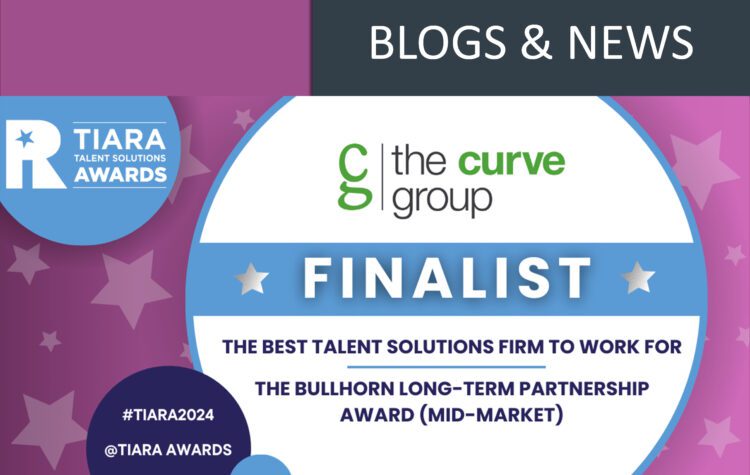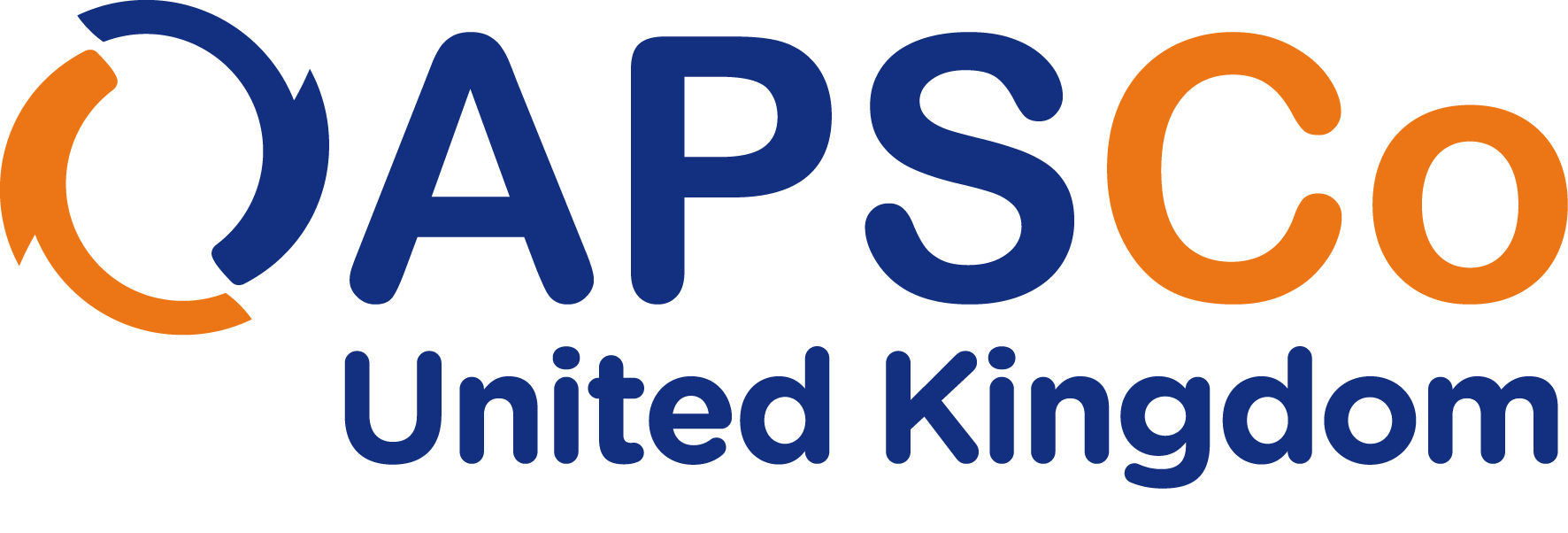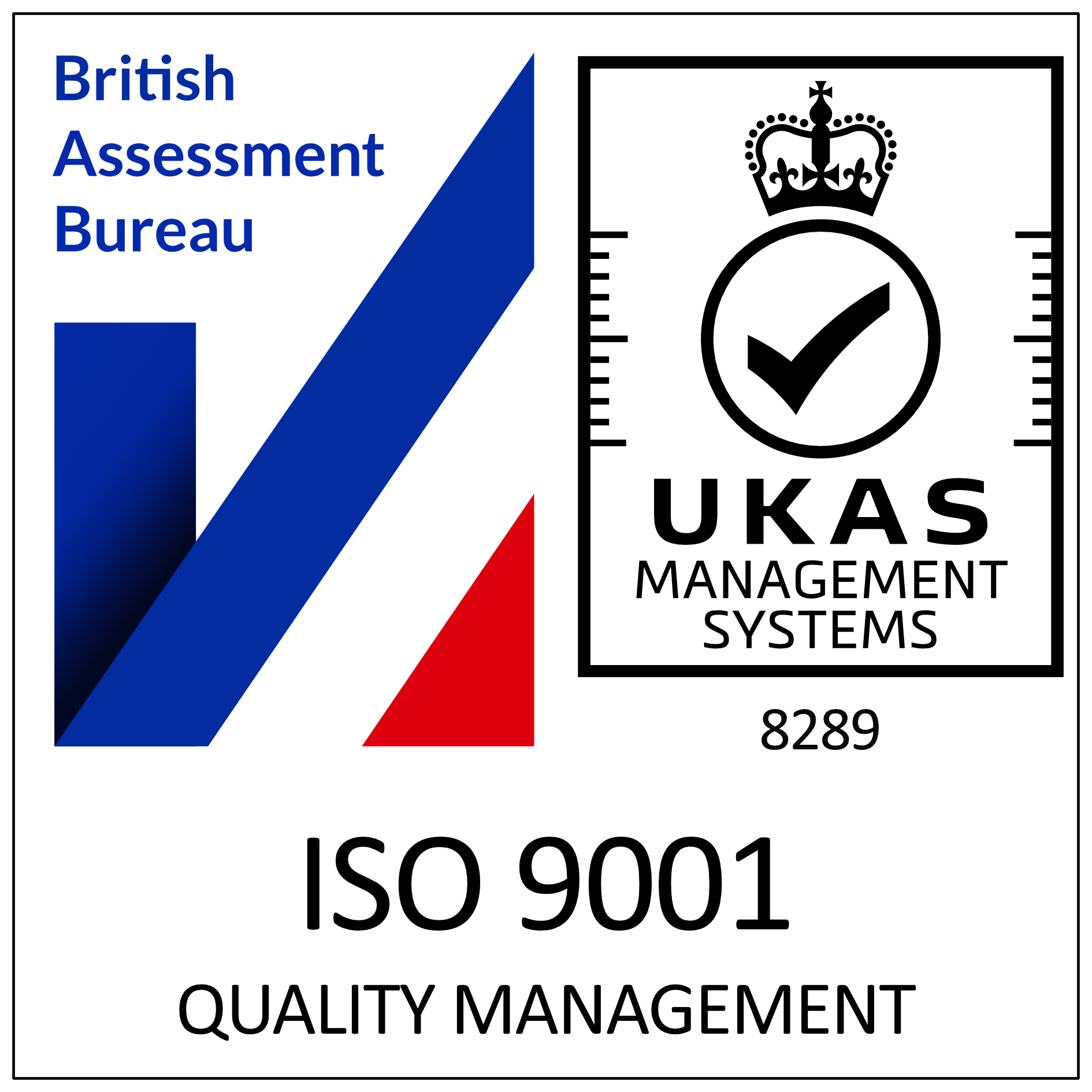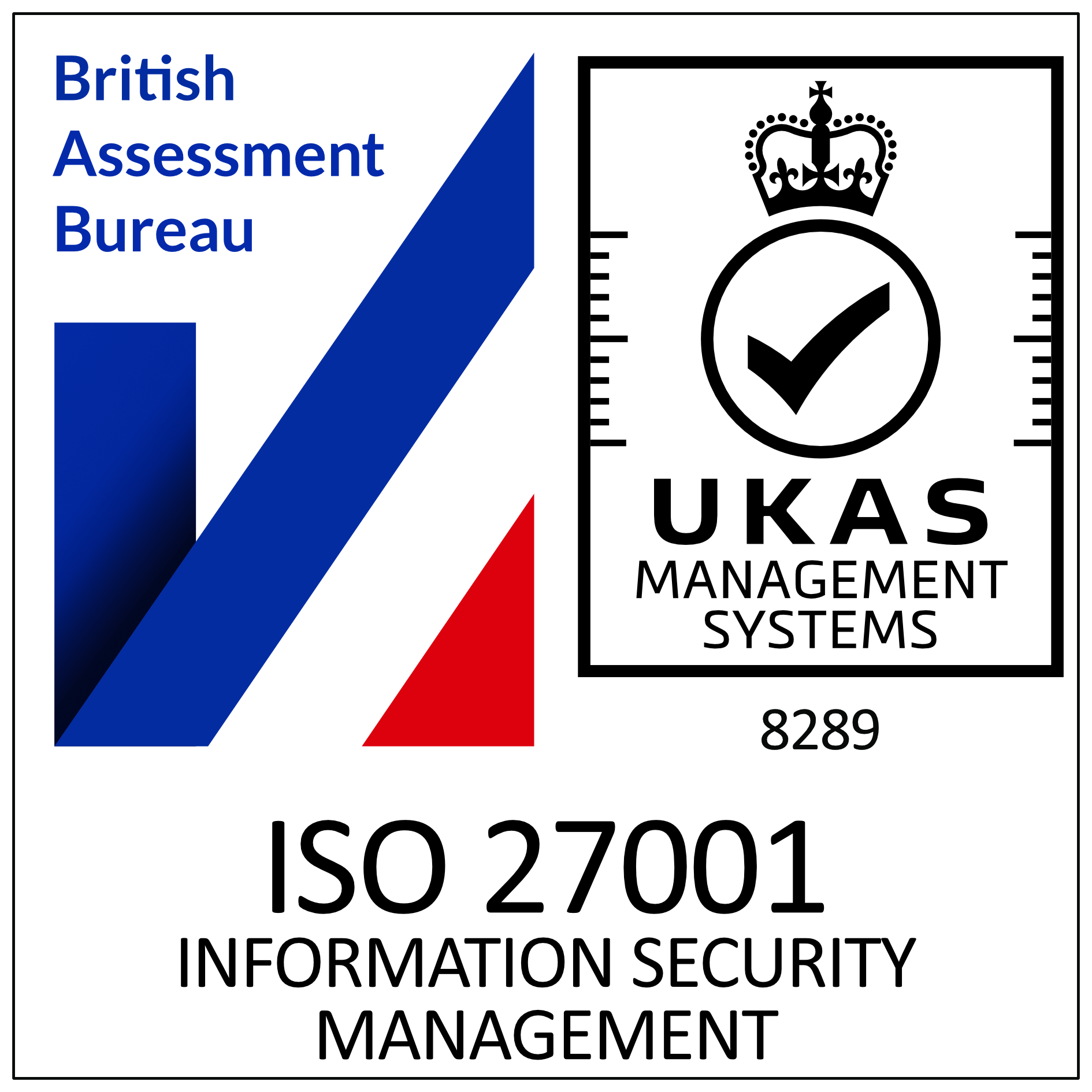Ensuring you implement an inclusive recruitment process is becoming more pivotal in today’s business world. Neurodiversity is something to be celebrated and can be of significant benefit to the modern workplace. But how can you make sure your business appeals to all potential candidates in the market?
Below we will outline 6 ways to make your recruitment process more equitable, ensuring you can attract and engage neurodiverse candidates.
1. Promote your business as Neuro inclusive
When embarking on implementing or refining an inclusive recruitment process, the first step we recommend is to assess whether your business presents itself publicly as neuro-inclusive. Internal activities may reflect your neuro-inclusive standing, but if you’re not promoting them externally (on your website and social media pages, for example) your candidate pool is likely to be smaller.
- A dedicated neuro-inclusion section on your website would be beneficial. Make sure it is easy to find as candidates may not be prepared to search extensively.
- What support and reasonable adjustments do you extend to your current neurodiverse staff? Be sure to list these to show candidates you take care of your staff.
- Regular posts on your social media channels, highlighting your support for neurodiversity, would help raise your profile as a neuro-inclusive employer.
- Ensure all job adverts mention neuro-inclusion and the possibility for adaptions during the interview process.
2. Consider how you present your job adverts
One of the beautiful things about Neurodiversity is that not all people are wired to process things in the same way. The traditional stance of text-only job adverts may be a great option for some, but can alienate others who struggle to digest information in written form. To promote an inclusive recruitment process, you could consider offering a selection of job advert formats:
- Recording short videos of hiring managers talking through job adverts would be a great alternative for those who prefer a media format.
- Short versions. Offering a shortened version of the job advert would be appealing to those who struggle to retain information from larger pieces of text and prefer to highlight the main points.
- Detailed versions. For those who need to know every little detail, more comprehensive job adverts would satisfy their thirst for information.
3. Offer multiple ways to apply.
We all know some job applications can be unnecessarily arduous because of an unresponsive, overly detailed, submission portal. Whilst to many of us this may be an annoyance, to others a lengthy application process could be the tipping point in stopping the application. In fact, a recent report based on the US market found that 28% of candidates would stop a job application if they were asked to input information that is contained within their CV. By offering multiple application paths, candidates choose based on their personal preference and are more likely to follow the application through to submission. Some traditional application alternatives are:
- By advertising roles on LinkedIn, you can open the option for candidates to ‘quick apply’ through their accounts. The process is much simpler than some application portals.
- Video CV. Some applicants may prefer to submit a video CV, rather than a traditional written CV format.
- Apply via email. Although less sophisticated, email applications alleviate the need to tackle an application portal.
4. Ask your candidates their communication preferences.
We all have a preference in communication style, but for a neurodiverse person in a stressful situation, choosing their favoured style could make a significant difference. As part of your inclusive recruitment process, you should consider asking each applicant if they would prefer to receive updates by email, or phone, and tailor your responses according to their selection. You could either embed this question into your application portal/job advert or contact applicants after submission to obtain their response. If you want to take your neuro-inclusion a step further, you could consider doing the same with interviews, offering the choice of face-to-face or virtual.
5. Make your recruitment process transparent.
Applying for a new role is a tense experience for most people, however some neurodiverse people find it incredibly difficult to manage anxiety during the recruitment process, and even harder to ask for adjustments. In a study by diversity consultancy, Pearn Kandola, published in July 2024, 42% of neurodivergent workers claimed they felt uncomfortable asking for reasonable adjustments. The easy way around this, is to make it so that they don’t need to ask. You as an employer can ask them.
By making your recruitment process transparent from application onwards, you can assure that your candidates avoid unnecessary worry, and have all the information they need to put their minds at rest. Examples of steps you can take to establish transparency are:
- Outline in the job advert what the recruitment process will look like. How long will it take to assess applications? Will there be an interview? Will there be an assessment of some kind?
- Interview structure. After completing your shortlisting process, inform candidates of what interview structure to expect. How long will it be? Can they choose between virtual and face-to-face? What sort of questions will be asked? If successful is there the possibility of a second interview? When will they hear if they were successful?
- Consider sharing interview questions beforehand. This is a much-debated subject, with some arguing it gives unfair advantage, however, it is worth noting that many businesses are now sharing interview questions with neurodivergent applicants ahead of interview. Is this something you could consider?
- Interview/first day. Where does the candidate need to report when they arrive? What are the parking/public transport arrangements? Simple questions such as this will help avoid any excessive stress and panic on the day and add important transparency to your inclusive recruitment process.
6. Offer replacement interviews/assessments.
A consideration that is gaining momentum is to encourage candidates by offering the possibility of replacement interviews on alternate days, so if they are having a bad day on the interview date, they get another chance. Communicating this to your applicants ahead of interview can help ward off extreme anxiety caused by the intimidation of having one shot to secure their dream role. However, again it does open the door for claims of unfair advantage.
We hope the above blog has been helpful in identifying areas where simple alterations can make a big impact for neurodivergent candidates and ultimately make your recruitment process more equitable. Join us on our next webinar, Empowering a Neurodivergent Workforce, to find out more about how the power of thinking differently can greatly benefit your business.
As always, if you would like any further advice on how to revise and implement a more inclusive process, please reach out to us below. We’re ready to listen.








